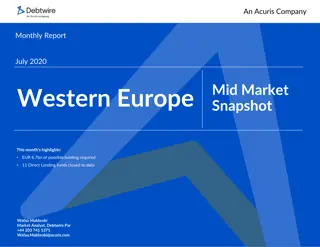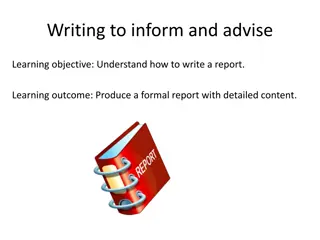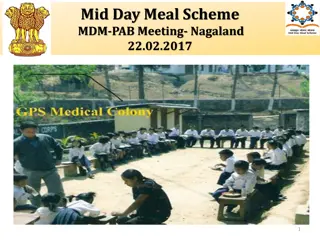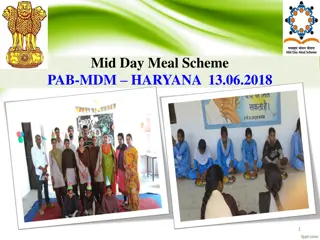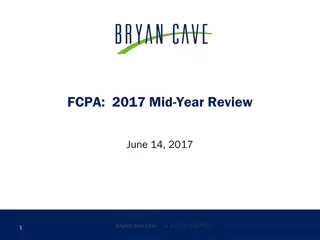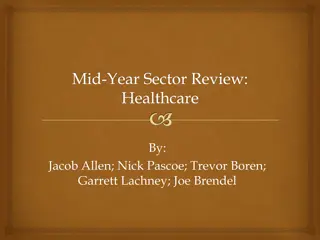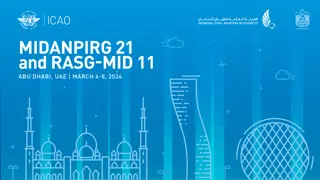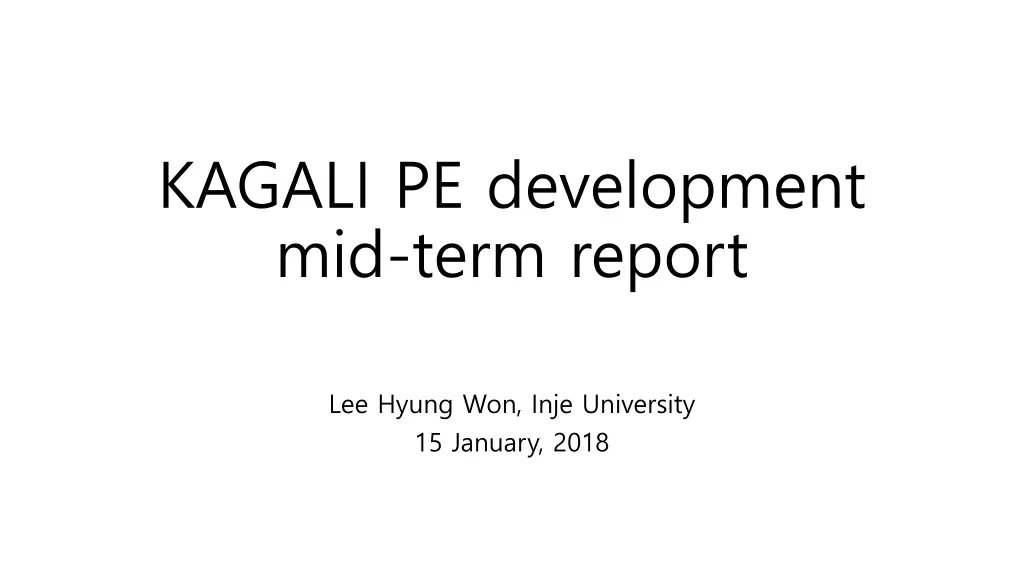
PE Development Mid-Term Report Insights
Uncover the development progress and future plans in the KAGALI project. Explore codes, results, and implemented options such as --ifo, --strain, --channel, and more for data analysis. Dive into the details of reading data, setting trigger times, and handling injection tables efficiently.
Download Presentation

Please find below an Image/Link to download the presentation.
The content on the website is provided AS IS for your information and personal use only. It may not be sold, licensed, or shared on other websites without obtaining consent from the author. If you encounter any issues during the download, it is possible that the publisher has removed the file from their server.
You are allowed to download the files provided on this website for personal or commercial use, subject to the condition that they are used lawfully. All files are the property of their respective owners.
The content on the website is provided AS IS for your information and personal use only. It may not be sold, licensed, or shared on other websites without obtaining consent from the author.
E N D
Presentation Transcript
KAGALI PE development mid-term report Lee Hyung Won, Inje University 15 January, 2018
Contents Codes Developed How to build Some results Future works
KGLInferenceReadData.c Read frame data file Resample data file for time series Evaluate PSD from frame data using Welch method(MedianMean) Inject a template wave form Injection file read Noise realization
Options implemented $./inferenceMCMC --help shows all options
--ifo option --ifo H1,K1 comma separated list of IFOs Example --ifo H1,L1,V1,K1
--strain option --strain file1,file2 comma separated list of strain frame files names file1.gwf, file2.gwf for real strain frame files, file should exist in the current directory approx1, approx2 for injection waveforms, usually these are the same Example --strain H-H1_HOFT_C00_T1700401_v1-1187005000-4096.gwf,L- L1_HOFT_C00_T1700401_v1-1187005000-4096.gwf,V-V1O2Repro1A- 1187005000-5000.gwf,TaylorF2
--channel option --channel channel1,channel2 comma separated list of channel names when given real strain frame data files Example --channel H1:GDS-CALIB_STRAIN_T1700401_v1,L1:GDS- CALIB_STRAIN_T1700401_v1,V1:Hrec_hoft_V1O2Repro1A_1638 4Hz,V1:Hrec_hoft_V1O2Repro1A_16384Hz
--psd option --psd psd1,psd2 comma separated list of psd options[default: use strain frame files]
Other options Other option can be understandable or figure out from help message
ReadData() if --help is given then print help and stop Get number of IFOs(--ifo) Set trigger time (--trigtime) it is mendatory Read injection table if option(--inj) given and show For each IFO do Set IFO epoch as trigger time Set IFO Data Update network SNR Print network SNR Destroy Injection table
SetIFOData() Check if the prefix exist Set IFO frequency range (--flow, --fhigh) Set window function for IFO (--window) Set strain data (--strain) Set PSD data (--psd) Apply time shift for IFO Set white data for IFO only for real frame data Set noise realization for IFO only for injection data Dump data
SetIFODataFrequency() If --flow is given then set ifo->fLow as that value Else set ifo->fLow as DEFAULT_FLOW(10.0Hz) If --fhigh is given then set ifo->fHigh as that value Else set ifo->fHigh as srate 1.0/seglen fLow and fHigh is actual integration range for snr and likelihood calculation
SetIFODataWindowFunction() If --window option is given set ifo->window as that value Else set DEFAULT_WINDOW(Hann) This window function will be used for PSD calculation and windowedTimeSeries data
SetIFOStrainData() If --strain option is not given abort the program If approximant name is given Check exist injection table Set ifo->srate as --srate option value or default value(4097Hz) Set ifo->seglen as --seglen option value or default value(16s) Set appropriate frequency range Call template function Set response and time shift Set type as Injected data Else *.gwf is given Read frame data(next slide) Else abort the prorgam
Read frame data Check channel name is given (--channel) Check trigger time is within the frame data Set srate and seglen Resample frame data Set time data Set frequency data Set windowed time data Set windowed frequency data Set type as frame data
SetIFOPsdData() If --psd option is given Set psd data Else if --strain option is given If frame file is given Estimate psd using frame data Else if approximant is not gven Set psd using aLIGO-anl Else Abort the program Else Abort the program
SetIFOWhiteData() If type is inject data, then return Calculate white frequency data from frequency data Calculate reverse FFT to get white time data
ApplyIFOTimeShift() Apply time shift in frequency domain Calculate SNR for this IFO
SetIFONoiseData() If type is frame data, then return If --noise option is not given or -1 then Set noise seed as random Else Set noise seed as the given value Add Gaussian noise in frequency data
Dump data If --dumptime option is given Dump time data (file : IFO_time_series_check.dat, IFO is H1, K1) If --dumpfreq option is given Dump frequency data (file : IFO_freq_series_check.dat, IFO is H1, K1) If --dumppsd option is given Dump power spectral data (file : IFO_psdasd_series_check.dat, IFO is H1, K1)
Directory structure kagali main repository kagali-v0r4a kagaliapps work master build result directory build build_mpi.sh Build script mcmc test_run inference.sh Run script
Preparing source Make a working directory, like work Clone kagali $cd work $git clone https://vt001.resceu.s.u-tokyo.ac.jp/git/kagali-v0r4a Check out mcmc branch $git fetch origin $git checkout b mcmc origin/mcmc
Build application $cd work $nohup ./build_mpi.sh & $tail f nohup.out Sample build result
Run application $cd test_run $./inference.sh Sample result
Future works InitCBC implementation Likelihood function implementation Prior function implementation Proposal function implementation Parallel tempering implementation Main MCMC implementation Postprocessing implementation



